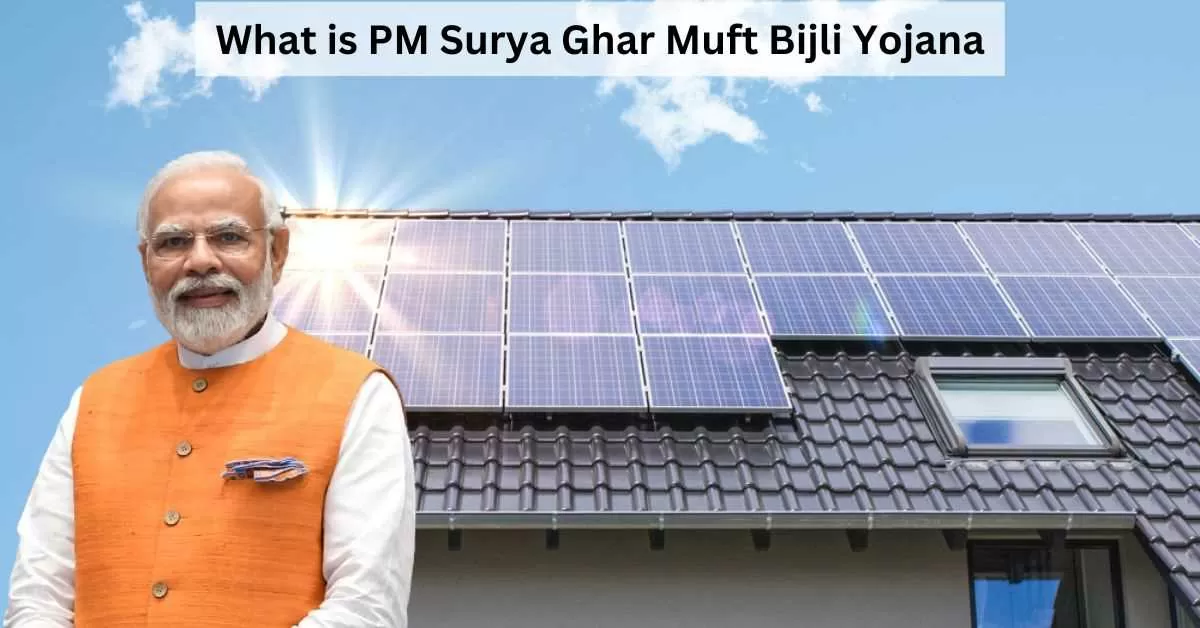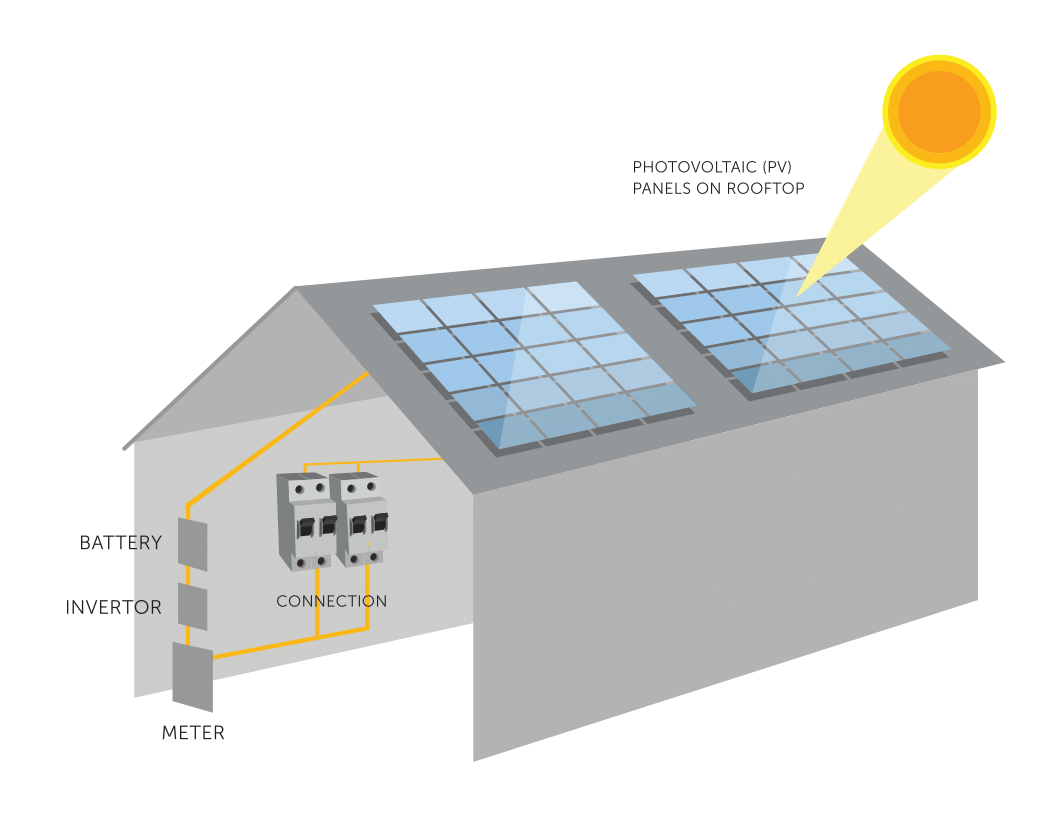Sakshine Solar solar panel for home in Delhi NCR
At Sakshine Solar, we’re dedicated to making the transition to clean, renewable energy seamless and accessible. As a premier provider of solar panels and installation services, we empower individuals and businesses to embrace solar power and take control of their energy future.

Top-Quality Solar Panels
We offer a diverse range of high-performance solar panels crafted with precision and durability to withstand even the harshest conditions. Each panel is meticulously designed to maximize energy output and deliver long-term reliability.

Professional Installation Services
Our team of certified solar experts handles every aspect of the installation process with precision and expertise. From site assessment to system design and final installation, we ensure a seamless and hassle-free experience for our customers.

Customized Solutions
We understand that every property is unique, which is why we tailor our solar solutions to meet your specific energy needs and goals. Whether you’re looking to power your home, business, or agricultural operation, we have the expertise to design a customized solar system that works for you.

Slash your electricity bill by 80% using rooftop solar.
Our Process
By harnessing the power of the sun, you can significantly reduce your energy bills and enjoy long-term savings. Our solar solutions offer a cost-effective alternative to traditional electricity sources, helping you take control of your energy costs and future-proof your finances.

Consultation
We begin with a thorough consultation to understand your energy needs, assess your property, and discuss your goals for going solar.

Installation
With precision and care, our certified installers expertly install your solar panels, ensuring optimal performance and longevity.

Design
Our team of experts designs a customized solar solution tailored to your specific requirements, maximizing energy production and efficiency.

Monitoring and Support
We provide ongoing monitoring and support to ensure your solar system continues to operate at peak performance for years to come.
POWERING THE TRANSITION
Empowering the transition to sustainable energy, Sakshine Solar illuminates the path towards a brighter, greener future. Harnessing the power of the sun, we pave the way for eco-friendly solutions one panel at a time.

SAVINGS CALCULATOR
Launch of National Portal pmsuryaghar.gov.in
Hon’ble Prime Minister of India, Shri Narendra Modi launched the National Portal for Rooftop Solar on 30/07/2022 . Shri R. K. Singh, Union Minister for Power and NRE and Shri Krishan Pal Gurjar, MoS, Power and Heavy Industries were present. Shri Bhagwanth Khuba, MoS, MNRE joined virtually.



Here’s how your rooftop can produce electricity to run your home
Most states in India have a comprehensive residential solar rooftop policy and you can use the power produced from your own residential rooftop solar system for self-use. Use your roof space or any unused land within your premises to install solar panels and begin producing electricity. Feed it back into the grid or, if you wish, store it in batteries for future use.
Called ‘net metering’, if you choose to feed the solar power produced during the day back into the grid, you will get credit for it in your electricity bill. Depending on your consumption and rooftop space, you can free yourself of utility power and enjoy free solar energy for life.


Join the Solar RevolutionClean. Renewable. Efficient.
Ready to make the switch to clean, renewable energy? Contact Sakshine Solar today to schedule a consultation and take the first step towards a brighter, more sustainable future for you and your community.
AWARDS & CERTIFICATES
We are CE and ISO 9001-2015 certified



FAQ
1. What is a Solar Rooftop System?2. What is a Solar Rooftop System with Storage facility?
In a solar rooftop system, the solar panels are installed in the roof of any residential, commercial, institutional and industrial buildings. This can be of two types (i) Solar Rooftop System with storage facility using battery, and (ii) Grid Connected Solar Rooftop System.
2. What is a Solar Rooftop System with Storage facility?
Such rooftop system has battery as storage facility. The solar electricity is stored in the battery and can be utilized during night also when the sun is not available.
3. What is a Grid Connected Solar Rooftop System?
In grid connected rooftop or small SPV system, the DC power generated from SPV panel is converted to AC power using power conditioning unit and is fed to the grid either of 33 kV/11 kV three phase lines or of 440/220 Volt three/single phase line depending on the capacity of the system installed at institution/commercial establishment or residential complex and the regulatory framework specified for respective States.
These systems generate power during the day time which is utilized fully by powering captive loads and feed excess power to the grid as long as grid is available. In case, where solar power is not sufficient due to cloud cover etc., the captive loads are served by drawing power from the grid.
4. Where such plants can be installed?
Such rooftop systems can be installed at the roofs of residential and commercial complex, housing societies, community centers, government organizations, private institutions etc.
5. What is the average cost of grid connected rooftop solar systems?
The average cost of grid connected rooftop solar systems is about Rs. 80 per watt or Rs. 8.0crore per MWp capacity.
6. What is the Financial Assistance provided by the Ministry?
There is a provision of Central Financial Assistance of 15% of the total cost or Rs. 12 per watt or Rs. 1.20 crore per MWp under the Grid Connected Rooftop and Small Solar Plants Programme of the Ministry. This CFA has been reduced from 30% to 15%
7. What are the other fiscal incentives are available for Solar Rooftop Systems?
There are provisions of concessional import duty/excise duty exemption, accelerated depreciation and tax holiday for setting up of grid connected rooftop power plants.
8. What efforts Government is making to providing loans for solar rooftop systems?
Department of Financial services has instructed to all Public Sector Banks to encourage home loan/ home improvement loan seekers to install rooftop solar PV plants and include cost of system in their home loan proposals. So far, nine PSBs namely Bank of India, Syndicate Bank, State Bank of India, Dena Bank , Central Bank of India, Punjab National Bank, Allahabad Bank, Indian Bank and Indian Overseas Bank have given instructions to extend loan for Grid Interactive Rooftop Solar PV Plants as home loan/ home improvement loan.
What are the advantages of Grid-Connected Rooftop Solar System?
- Electricity generation at the consumption center and hence Savings in transmission and distribution losses
- Low gestation time
- No requirement of additional land
- Improvement of tail-end grid voltages and reduction in system congestion with higher self-consumption of solar electricity
- Local employment generation
10. How many States have policies to promote grid-connected rooftop solar systems?
So far, 13 States/UTs namely Andhra Pradesh, Chhattisgarh, Delhi, Gujarat, Haryana, Karnataka, Kerala, Punjab, Rajasthan, Tamil Nadu, Uttarakhand, Uttar Pradesh and West Bengal have notified policies that include promotion of grid connected rooftop solar systems with net metering. Regulation from the State
